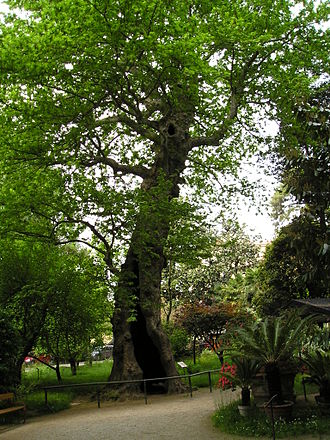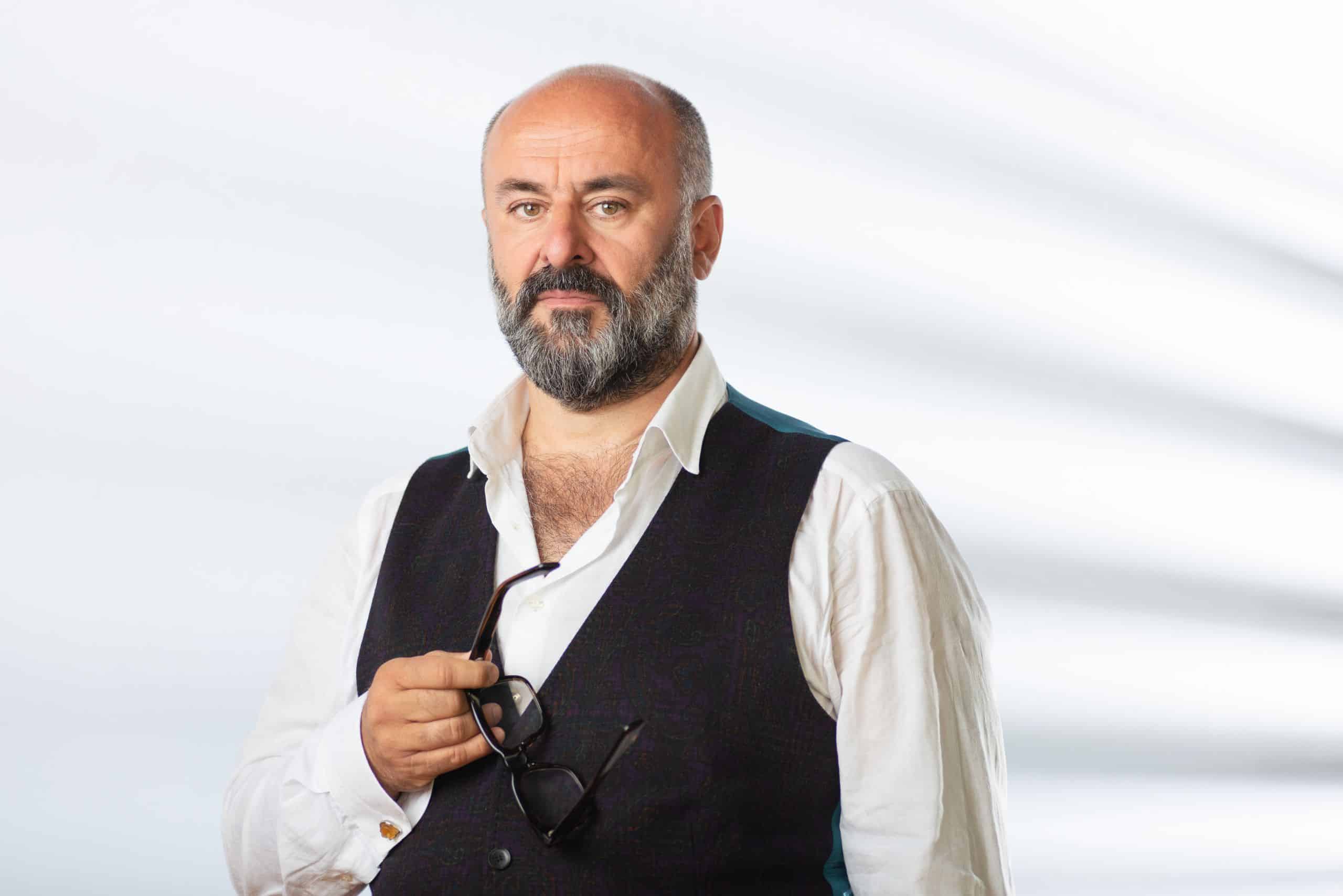The tree that inspired Handel’s ‘ombra mai fu’
OperaThis story comes to us from The Conservation Foundation:
A London Plane tree, which is thought may have inspired one of the world’s best-known pieces of music over 300 years ago, is still alive and well today in South West London and once again inspiring musicians.
In 1712, when the composer George Frederick Handel first moved to London at the age of 27, he was invited to stay in a house at Barn Elms in South West London where the plane tree, now known as ‘Barney’ to locals, was growing.
The tree, planted around 1680, is not only London’s oldest plane, but one of the three oldest in the country. London Planes were very rare in those days and David Shreeve, director of The Conservation Foundation, believes this one may well have had a lasting effect on Handel. The composer included the aria to a plane tree ‘Ombra mai fu’, best known as ‘Handel’s Largo’, in his opera Serse or Xerxes, which was first performed in1738 at the King’s Theatre in the Haymarket.
Serse is being performed on Thursday 30 June 2022 as part of Opera Holland Park, by Figure, a young historical performance ensemble, with leading mezzo soprano Cecelia Hall in the title role. The Conservation Foundation has been invited to collaborate with the event as part of the celebration of its 40 years of championing some of this country’s most important and beloved tree species, including the plane.
In the opera, King Serse falls in love with the voice of his brother’s beloved, and tries to force her to marry him, singing of his love in ‘Ombra mai fu’.
The environment of the London which Handel would have known was much different to today. After his Barn Elms stay, he later moved to Brook Street, Mayfair where today, just a short stroll from his house, there is a fine collection of planes in Berkeley Square, but these were not planted until 1789 – 30 years after Handel’s death.
Whilst Handel may have been thinking of Oriental planes that would have been a significant tree in the near east including Greece and Persia and would have been known to Xerxes, David Shreeve believes the Barn Elms plane, which the composer would have seen every day during his stay, could very well have been the inspiration for ‘Ombra mai fu’.
“Trees inspire great affection and loyalty,” he explains “Every species has its enthusiasts who provide an awareness of the trees they love through a number of ways – publications, radio and television programmes, public events and guided walks”. Through the Heritage Trees programme, created for its 40th anniversary, The Conservation Foundation nurtures this dedication and love of trees so that future generations will be able to understand and explain the importance of trees and their role in biodiversity.
Figure was established last year in the wake of the lockdowns with the aim of expanding the scope of historical performance beyond the typical baroque and renaissance repertoire. It values the intimacy in performance above all, the connection which gives music meaning.






Yes, a lovely story no doubt, but it is just that, considering that the same text was previously set by Bononcini and others. Maybe it was the same tree!
A nice fantasy – but Handel didn’t write the libretto! And his melody bears more than a passing resemblance to Bononcini’s setting (first performed 1694).
This is arrant nonsense. Not only did Handel not write the libretto, but neither did Bononcini in 1694, nor Cavalli in 1655.
Herodotus writes in The Histories that Xerxes, while leading his army of invasion against Greece , was so struck with the beauty of a plane tree on the road that he endowed it with gold ornaments and entrusted one of the Immortals to guard it.
“Whilst Handel may have been … that would have been … and would have been … Shreeve believes … the composer would have seen … could very well have been the inspiration for ‘Ombra mai fu’.”
Ha ha ha, the unabashed use of modal verbs here to express utter speculation on the part of Shreeve is hilarious.
As the above posters have demonstrated, factually this is pure fantasy, and linguistically this is pure grammatical construction, nothing more.
A colleague has pointed this gem:
“In the opera, King Serse falls in love with the voice of his brother’s beloved, and tries to force her to marry him, singing of his love in ‘Ombra mai fu’.”
Priceless – especially as would negate what they had just written. Who exactly is asleep at the wheel?
Yes but that aria is sung so beautifully by Andreas Scholl that I was transfixed and transported.